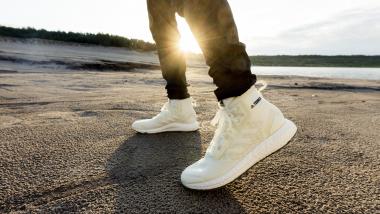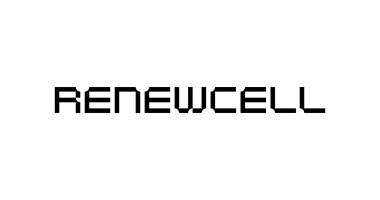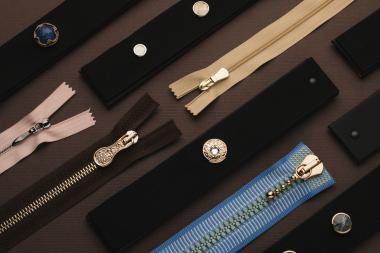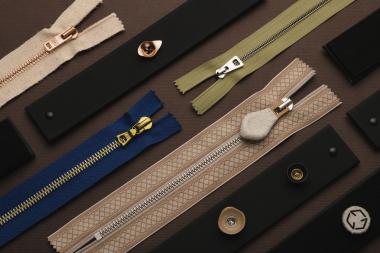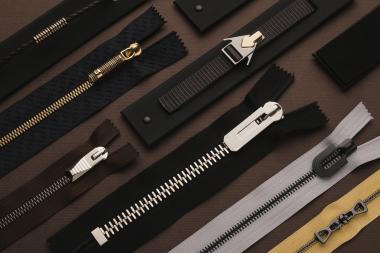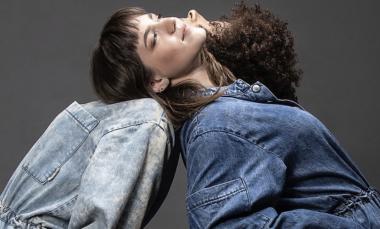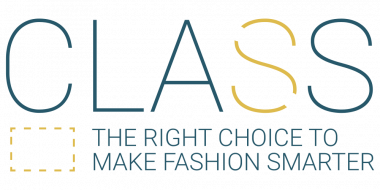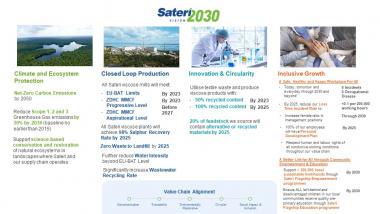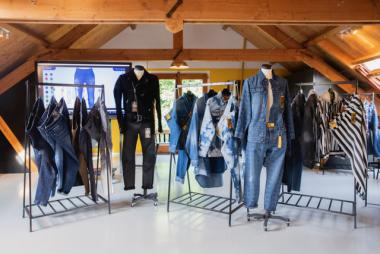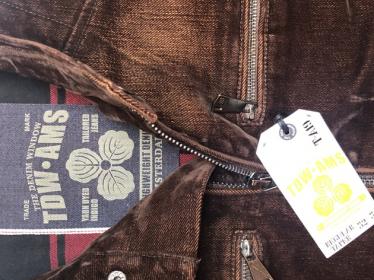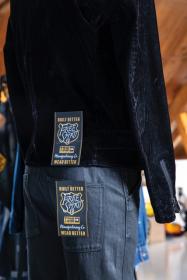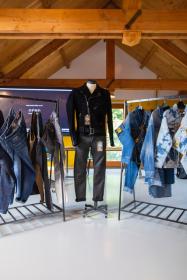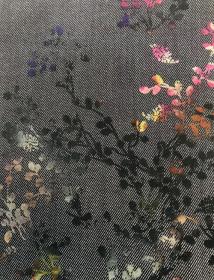Talking about Water Conservation with Officina+39
On 21st October the Managing Director of Officina+39 Andrea Venier has joined a panel discussion in the prestigious arena of the Kingpins24 Digital Show. He contributed to the discussion with his and Officina+39’s point of view on “Water Conservation”, together with Emrah Özkorkmaz from Bregla and Taimur Malik from Stylers International, with Edward Hertzman from Sourcing Journal & Rivet as moderator.
Water crisis remains one of the top issues for humanity and 90% of the world's natural disasters are related to water. Officina+39 has been working hard to rethink the way water is used throughout the denim processes: Andrea's contribution emphasized the company’s practical and consolidated experience in this field, as in recent years their main objective has been to drastically reduce water use in line with UN SDG6.
Andrea pointed out how “fashion industry is still currently deeply rooted in a linear approach: make, use, dispose.” Accordingly to Andrea and Officina+39, the fashion world is becoming aware of this reality and is trying to reinvent itself in order to decrease the use of this precious resource and its negative impacts but there is still work to do in order to redesign a better sustainable model, where circularity should represent the new sustainability: circularity not only when it comes to the materials, but also to water.
In the textile industry water is used as the vehicle for colors and chemical auxiliaries but luckily today many technologies aim at significantly reducing water consumption. Officina+39 is really focused on this target: Andrea explained that “Officina+39 has developed the AQUALESS MISSION, a process suitable for conventional machines that leads to a 75% reduction of the water typically used in denim and garment laundry processes, using a waterless technology and saving costs for producers.”
Despite the start-up cost of investing in the development of sustainable technologies may discourage some in the industry, it is about time to realize that these actions cannot be delayed and that we will increasingly hear about water scarcity, water stress and water risk.
Andrea stated: “It is necessary to develop water management strategies and systems in any company: today there is ISO 14000 related to environmental management, but I believe that governments, brands and related organisations should think about an ISO related just to water management. In this way, every company can understand how much value can be generated in the medium-term and how much money could be saved by investing in this kind of technologies. To create new standards related to water management, we must change the approach.”
Officina+39 / Menabò







